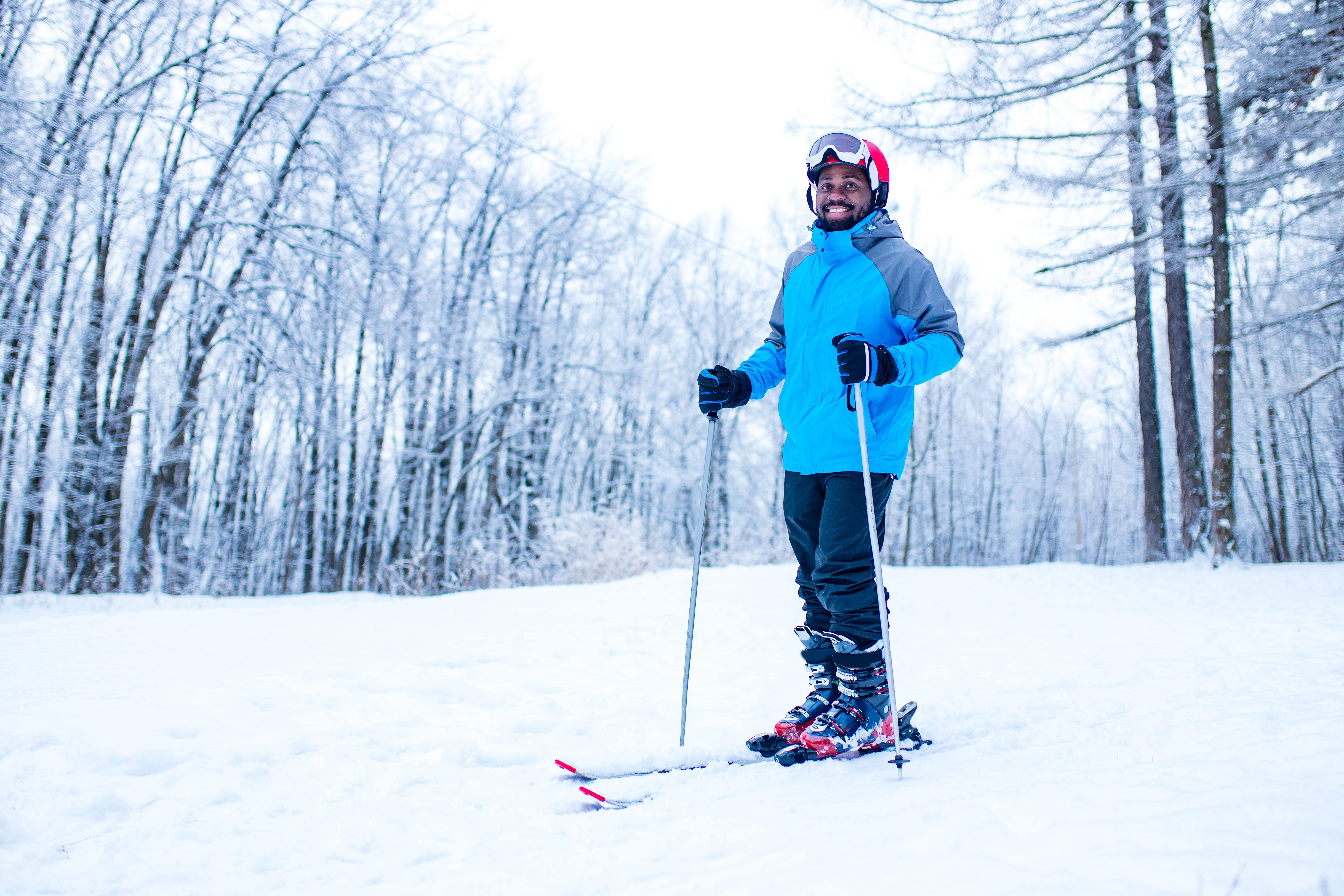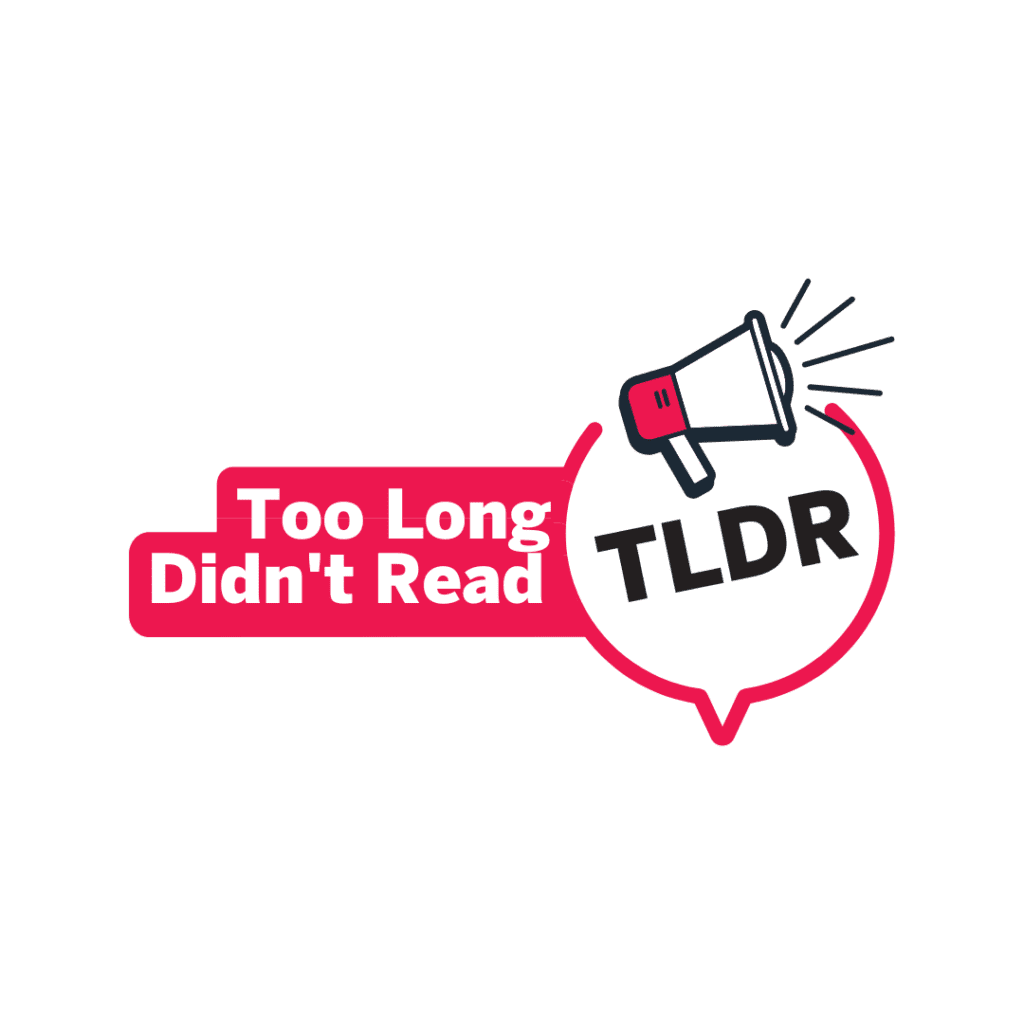
View the summary of this research here.

Project summary
The objectives of this project were threefold:
- Explore the lived experiences of newcomers to Canada in one introductory winter sport programme (WinSport Newcomers Programme – WNP),
- Examine whether inclusive, welcoming introductory winter sport programming influences the integration and identities of newcomers, and
- Investigate the (in)efficacy of the WNP as an intersectoral community partnership.
This project was based in Calgary, Alberta, Canada. I co-designed the WNP with intersectoral community partners from WinSport (a community-based sport facility) and Center for Newcomers and Calgary Immigrant Women’s Association (two Calgary-based settlement services organizations). Our aim was to introduce newcomer youth, teens, and adults to popular Canadian winter sports (ice skating, downhill skiing, and snowboarding) to support newcomer integration. My main role was to evaluate the WNP’s first year (Winter 2018), while helping shape programme design through evidence-based recommendations.
Through this project, I learned that newcomers encounter various multi-faceted benefits from winter sport participation, while several structural and systemic barriers are constraining future newcomer winter sport participation opportunities. Moreover, the WNP represents a maturing intersectoral community partnership that has excelled at introducing newcomers to Canadian winter sports that are popular in Canada, despite various partnership shortcomings (e.g., power imbalances between collaborators obstructing the WNP’s effectiveness).
Research methods
I employed a qualitative, intrinsic case study research design to evaluate the above-mentioned project objectives. Case studies enable researchers to focus on a specific, bounded study context, making their research a case of something. The subject of this case study was the WNP. A common characteristic of case study research is the use of multiple research methods. In this project, I collected data using the following qualitative methods: (1) in-depth, semi-structured interviews with programme participants, parents of programme participants, as well as programme instructors and administrators; (2) a photo elicitation focus group with youth and teen programme participants; and (3) participant observations during WNP programmes and collaboration meetings. I analyzed all study data using a thematic analysis approach.
Research results
Project results were divided into two main categories: (1) lived experiences of newcomer programme participants as they integrate into Canadian society and their local communities, and (2) examining the (in)efficacy of the WNP intersectoral community partnership.
Newcomer participants discussed several individual outcomes they experienced throughout their WNP participation. These outcomes included having fun and trying new winter sports participants may not have otherwise had the opportunity to learn. Such new experiences led study participants to develop new sport-specific skills and competencies. Study participants also discussed the relationship between winter sport participation and newcomer integration. For instance, strong connections were drawn between winter sport participation, Canadian identity, and newcomer integration. Various examples were offered for how learning to do a winter sport made study participants feel more “Canadian” and comfortable in various social settings. Relatedly, study participants appreciated how learning a winter sport afforded them opportunities to strengthen existing social connections and build new ones both within the WNP and across diverse community settings (e.g., neighbourhood, school, work). Centering family participation represented an additional priority held by study participants. Namely, newcomer parents wanted to learn the same winter sports as their children to share the experience as a family – which newcomer parents thought was common among “Canadian” families. Lastly, study participants expressed concern about future winter sport participation opportunities both within and beyond the WNP.
Study participants had much to share about the nature, strengths, and shortcomings of the WNP as an intersectoral collaboration. Study participants offered various motives for becoming involved in the WNP ranging for individual (e.g., offering newcomers access to a sport that has shaped their own life in a positive way) to organizational motives (e.g., strengthening WinSport’s place in the local community). Fostering various inter-organizational (e.g., across WinSport departments) and intra-organizational linkages (e.g., between WNP partner organizations) was presented as another partnership strength. Study participants also identified several shortcomings that constrained the WNP’s efficacy. Relevant shortcoming included: recognizing collaborator power imbalances, balancing priorities, managing communication challenges, negotiating time pressures, acknowledging programme realities, and neglecting collaboration evaluation. In sum, these shortcomings illustrated the pressures facing sport and settlement services administrators. I argue that such pressures create an unsustainable situation where relevant administrators are forced to do more with fewer resources, in part, resulting from the lasting impacts of neoliberal policies and ideology forcing public sector entities to operate more like the private sector (e.g., concerned with profit maximization over the public good).
There are several factors the reader should consider when interpreting the research results. First, the in-depth nature of qualitative case study research means that the results are locally and contextually situated (e.g., data was collected prior to the COVID-19 global pandemic). Thus, the reader must consider this when drawing connections to additional newcomer sport contexts. Second, qualitative researchers are generally focused on collecting complex and nuanced representations of the phenomena being explored and achieve this by engaging with a small sample of participants. Hence, I focused on depth, not breadth in this project. Third, newcomer participants involved in this study generally had positive programme experiences. While programme critiques are present in the above results, study participants’ generally positive perspectives likely shaped the data in various implicit and explicit ways.
Policy and program implications
The results from this project offer stakeholders from across the Canadian sport system insights into the needs and lived experiences of newcomers to Canada, as well as the possibilities and pitfalls of intersectoral community partnerships in newcomer sport. Sport administrators may incorporate the results in (re)designing newcomer introductory sport programming to maximize positive outcomes and promote inclusive, welcoming sport environments. Sport policy makers at all levels of Canadian sport (municipal/provincial/territorial/federal) are encouraged to consider the results when (re)developing policies that promote participation of groups that are marginalized in society. Furthermore, the results align with key pillars of the Canadian sport policy, most notably, within the introduction to sport, recreational sport, and sport for development policy goals. Project findings can also be applied to fostering more values-based, inclusive, collaborative, intentional, effective, and sustainable sport programming for all Canadians.
Next steps
This project offers a foundation for future newcomer (winter) sport research to build from. Relevant future research questions include: (1) what conditions make newcomers (un)willing to participate in winter sports beyond introductory winter sport programmes? (2) how can cross-cultural/intercultural exchange opportunities be intentionally designed into newcomer introductory sport programmes? and (3) in what ways does running newcomer introductory (winter) sport programmes influence individual and organizational change within community sport organizations? In exploring these longitudinal questions, researchers, sport administrators, and policy makers are encouraged to draw connections between newcomer sport participation and wider concepts such as diversity, equity, and inclusion; anti-racism; indigenization; decolonization; superdiversity; and sport-related integration to promote social-justice-informed outcomes.
Knowledge translation
I have conducted the following four knowledge translation outputs from this research: (1) a keynote address – Ethical considerations for involving newcomers in curling – during the Changing the Face of Curling symposium (May 2022), (2) a SIRC blog post – Five recommendations to authentically engage newcomers in sport – (https://sirc.ca/blog/engage-newcomers-in-sport/), (3) co-delivered a presentation during the Canada West Ski Areas Association Spring Conference – Engaging new participants in snowsports – (April 2019), and (4) presented multiple posters at past Sport Canada Research Initiative conferences summarizing preliminary project results.